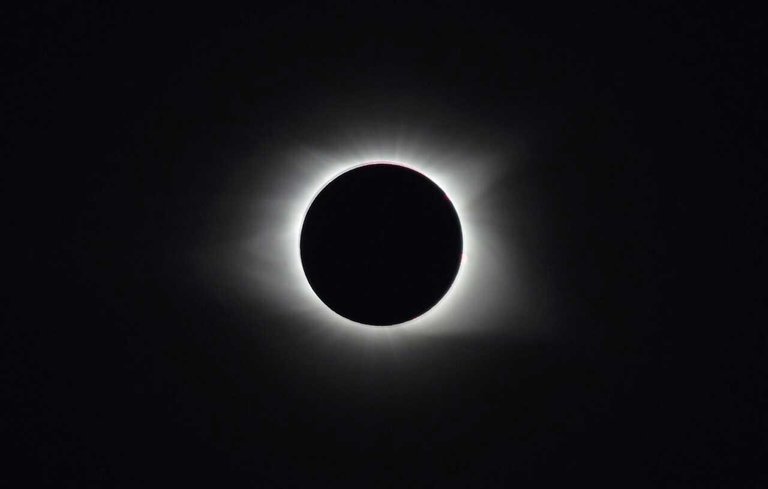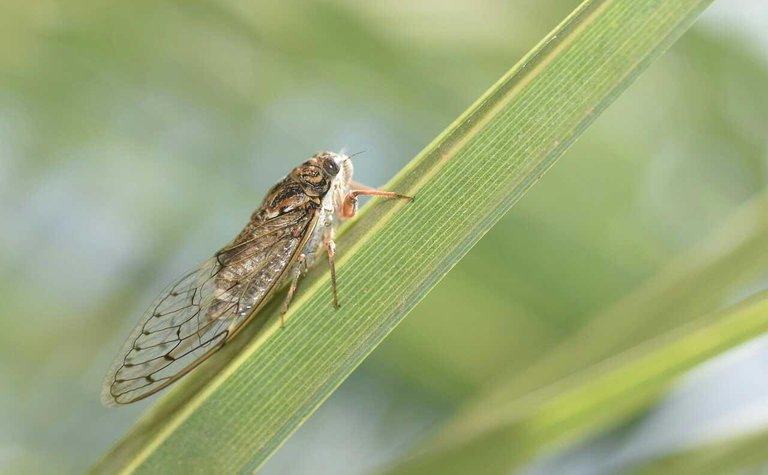During an eclipse, millions of people peered through protective eyewear at the solar eclipse enjoying the unique occurance without noticing strange behaviours of smaller creatures around us. Research shows that these animals behave differently when an eclipse achieves totality.
A team of researchers with Cornell University and the University of Oxford has found that birds and insects reacted in some surprising ways to the 2017 U.S. total solar eclipse. In their paper published in the journal Biology Letters , the group describes their study of birds and insects during the solar eclipse using Doppler radar data and what they found.
In this new effort, the researchers sought to better understand how creatures such as birds and insects respond to atypical periods of darkness such as a total solar eclipse. To that end, they gained access to data from 143 weather stations that had captured the activities of multiple birds and insects in different parts of the United States during the August 21, 2017, solar eclipse. They note that due to the short lifespan of birds and insects, none of them would ever have experienced an eclipse before. Thus, the sudden darkness would present an unexpected change in their environment.
The researchers could establish movement of flying species from close to the ground to around three miles up in the air. They report seeing irregular movement up to 50 minutes before the eclipse achieved totality, huge numbers of the flying creatures started coming back to ground or different roosts. This was especially so for those flying at high heights.
The researchers recommend that it appears to be sensible to attribute the change in movement to the creatures reacting as they would to a storm —looking for shelter is a natural reaction to weather conditions that can prove deadly for little flying creatures.
The researchers likewise discovered something they thought was abnormal: A gathering of flyers, likely birds, changed their conduct just before totality, all of a sudden taking off and rapidly settling back to their perches once again. They recommend the reason was on the grounds that the flying creatures had turned out to be confused, at one minute reasoning that normal darkness had arrived,
As per reports from CNN, people in the Victorian period asserted that ants halted in their tracks with whatever they were conveying until the point that light returned during an eclipse.
Frogs are seen getting more noisier when the sun is totally hindered by the moon.
In spite of the greater part of cicadas being nighttime and used to the dark, they have been known to go totally quiet when an eclipse achieves totality
Whales and dolphins have been known to rupture the water's surface when totality happens during an eclipse.
Circle weaving spider have been known to demolish all their diligent work on the webs when it gets totally dark.
During the next eclipse, due bring out time to study your environment. You will be surprise at the marvellous ways some creatures react during solar eclipse.



Thanks for using eSteem!
Your post has been voted as a part of eSteem encouragement program. Keep up the good work! Install Android, iOS Mobile app or Windows, Mac, Linux Surfer app, if you haven't already!
Learn more: https://esteem.app
Join our discord: https://discord.gg/8eHupPq